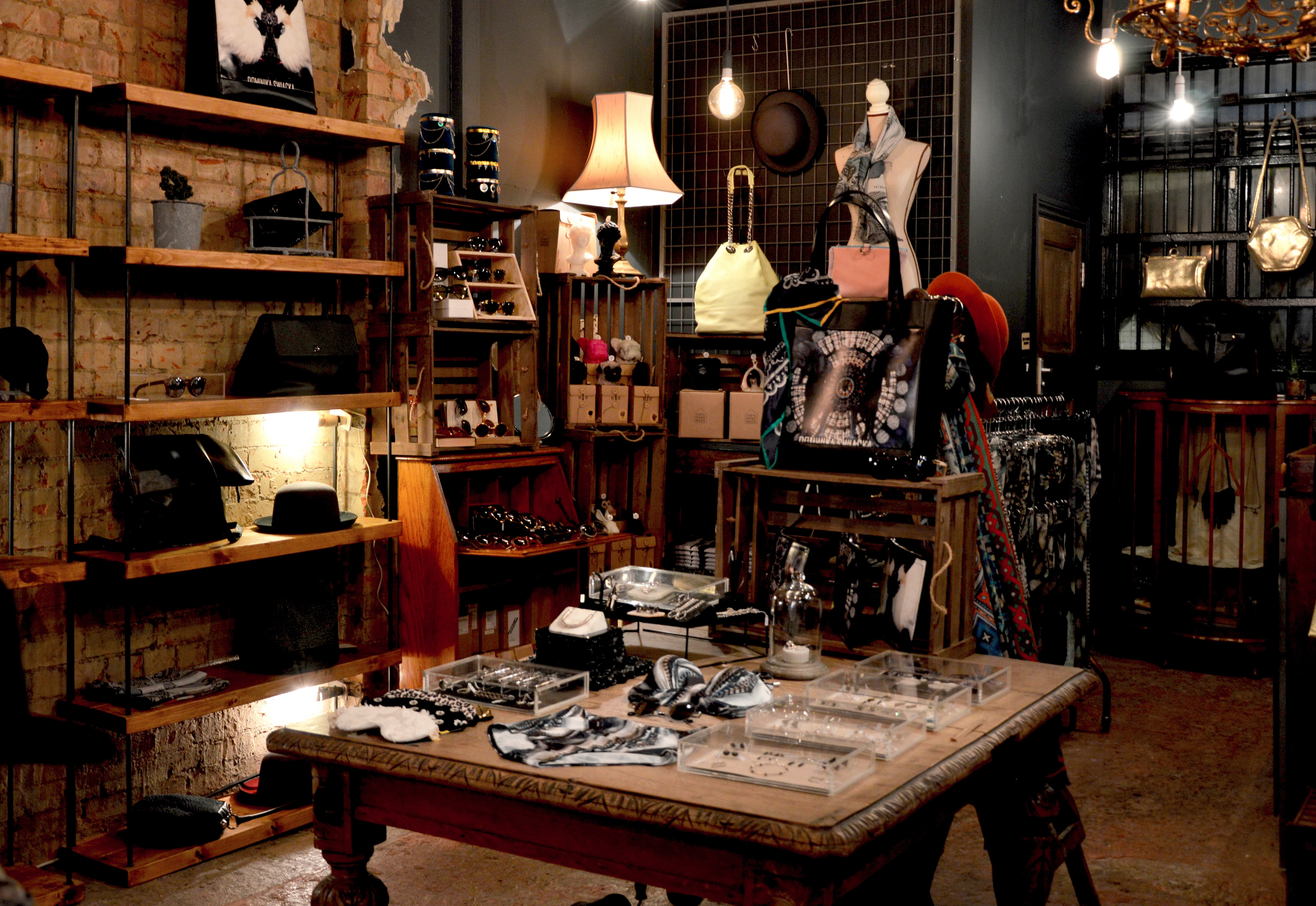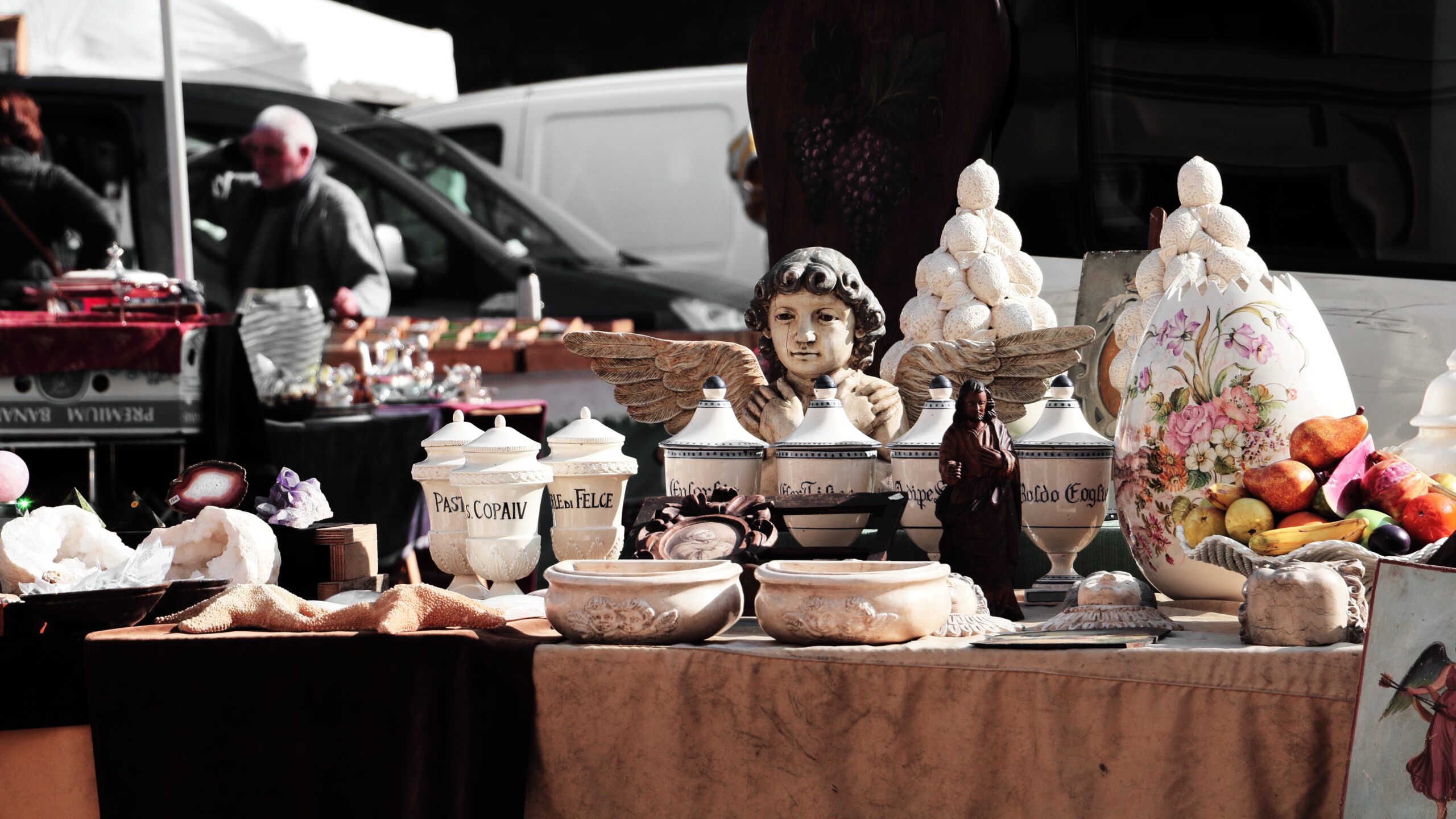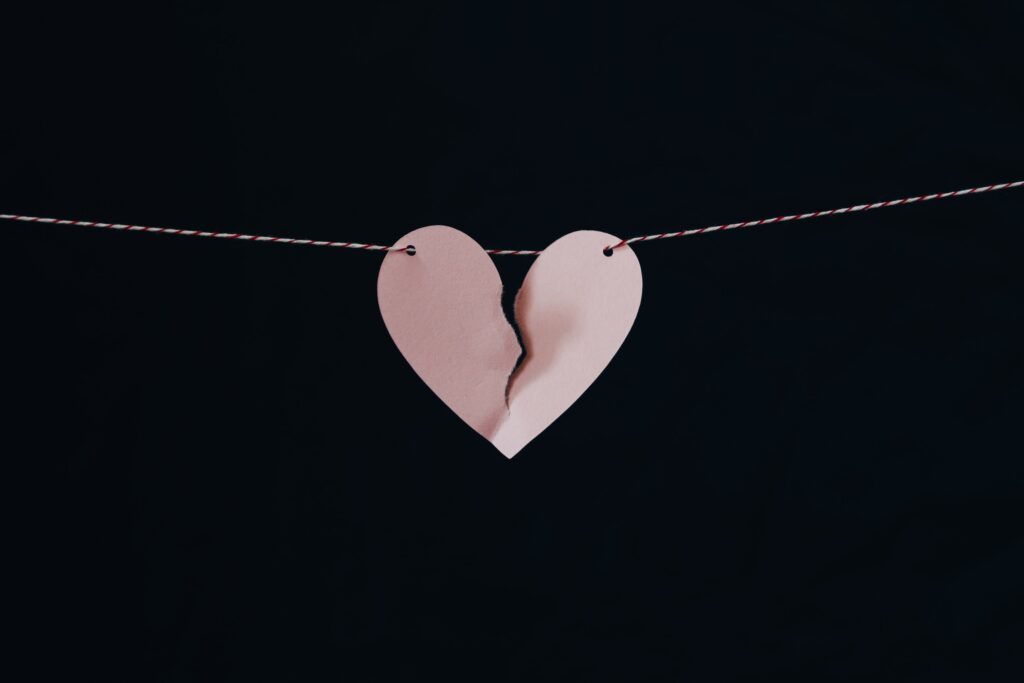
While journeying through life, you accumulate possessions, memories, and mementos that fill your living space with meaning but also with clutter. While cherishing memories is essential, decluttering your home and life is equally crucial.
Let’s also consider the importance of decluttering relationships. Do people in your life contribute nothing but chaos, toxicity, and drama? Are you ready instead for peace and love? The earlier you let go of those who no longer serve you, the more satisfying your life will be.
This is especially true as you get older. Decluttering frees your children or other loved ones from the burden of this work. Instead, you’ll leave behind a legacy of love, tidiness, and order.
As an experienced doula supporting clients letting go in all kinds of ways, I’ve gathered some helpful hints along the way. Use these suggestions to reduce clutter in your home, including what to throw away, what to keep, and what to donate. I’ll also share some ideas about how to let go of people, too.
A Step-by-Step Guide
Here’s how to get started with decluttering your home so you don’t feel overwhelmed.
1. Assess the Situation
Before you begin, take a comprehensive look at your home. Identify the areas that need the most attention, such as closets, the attic, the basement, or your personal study.
Go through everything without judging yourself. Knowing where to begin and the scope of the job itself will make this process more manageable.
2. Set Clear Goals
Determine what you hope to achieve through decluttering. My clients often want to create a more peaceful living environment. Others want to make it easier for loved ones to manage their possessions after they’re gone.
Maybe you’d like to prepare your home in order to sell it or you simply want to enjoy a cleaner space. Either way, having clear goals will motivate you throughout the process.
3. Prioritize Categories
Categorize your belongings into essential items, sentimental items, and non-essential items. This will help you make more informed decisions about what to keep, discard, or donate.
What is an essential item? Something you’ve used within the last 3-12 months. A sentimental item is something that evokes strong emotions and memories. Non-essential items are everything else.
What to Throw Away
a. Expired Items: Start in your kitchen and bathroom by checking for expired food, medicine, and cosmetics. Dispose of anything past its use-by date. (Don’t flush drugs down the drain! Drop them into drug bins at participating drug stores.)
b. Broken and Unrepairable Items: Items damaged beyond repair should be discarded. Hanging onto these takes up space and serves no purpose.
c. Duplicate Items: Identify and eliminate duplicates. One can opener, for example, is sufficient. Keeping multiples only adds clutter.
d. Outdated Technology: Old electronics and gadgets that no longer work can be responsibly recycled or discarded. You know that drawer or shelf full of miscellaneous wires? Get rid of them. You’ll sleep better at night.
e. Worn-out Clothing and Linens: Dispose of clothes with irreparable damage or excessive wear and tear. Yes, that includes the Gator sweatshirt with three different types of stains on it. You won’t miss it. I promise.
What to Keep

a. Essential Documents: Store or file important documents like advance directives, insurance policies, and medical records in a safe place.
b. Sentimental Items: Keep items with significant sentimental value but be selective. This includes photographs, mementos, cards, journals, etc. Consider creating a designated memory box.
c. Functional and Useful Items: Keep items that work well and serve a practical purpose in your daily life.
d. Quality Over Quantity: Opt for quality over quantity when it comes to clothing, furniture, and other possessions. Keep items you genuinely love and use.
What to Donate (or Sell!)
Choose charities and non-profit organizations that mean something to you when donating items. You might also consider downloading apps like Craigslist or Offer Up if you want to sell items and make some money.
a. Gently Used Clothing: Many thrift stores and charities will take clothes that look good, without visible tears or stains.
b. Furniture and Household Items: Check with local furniture banks and other charities. Many have trucks that will pick up large household items, even bicycles, pianos, and pool tables, as long as they’re in good working order.
c. Books and Media: Libraries or community centers will take books, movies, and other media you no longer need or consume.
d. Collectibles and Antiques: Consider donating collectibles or antiques to museums or auction houses. I have some clients who would love to give their family members valuable silverware, dishes, and other expensive items. However, their family members don’t want them. Therefore, they sell those items and bequeath the money to trust or college funds instead.
4. Start Small and Create Sorting Zones
Begin with a manageable area or category of belongings, such as a single drawer, a closet, or a bookshelf. Tackling small sections at a time prevents anxiety. Then designate separate rooms or areas in your home for items you want to keep, throw away, and donate. Use labeled boxes or bins to make the process more organized.

5. Ask for Help
Involve family members or friends. They provide emotional support and help make tough decisions about sentimental items.
Consider getting your neighbors in on the action. Together you can all chip in for junk haulers, donation trucks, or host a community yard sale.
You might also contact a professional. Certified organizers can bring an entire team to your home and get this done effectively while you take care of other issues. Contact me for more information about professional organizers in Chicago.
If you’re having a hard time letting go of personal belongings, perhaps you might benefit from a licensed mental health counselor. How will you prepare for the big letting go at the end of your life if you can’t let go of items around the house you no longer use? I can recommend many therapists in Chicago for help with coping skills to better free yourself from such attachments.
6. Take Your Time
Decluttering is not a race. Set aside dedicated time each day or week to work on it at your own pace. If you have a large house, pick one room to declutter each weekend. You’ll be done before you know it.
7. Respect Sentimental Attachments
For items with sentimental value, take photos or write down their stories before letting them go. This allows you to preserve memories without keeping physical clutter.
It’s not a rule that you have to donate to local charities either. What about your loved ones? Ask them if they’d like anything of meaning to them. It may help you let go of certain items if they’re going to members of your own family.
8. Recycle and Dispose Responsibly
Dispose of items properly, recycling whenever possible. Hazardous materials, like old paint or electronics, should be disposed of according to local regulations. Again, take old medications to your local sheriff’s office or drugstore rather than using trash or toilets.
Decluttering Relationships
Decluttering in your personal life, including removing people who no longer serve you, can significantly contribute to your overall well-being and reduce unnecessary suffering. It’s part of the work we must do to let go of attachments, both during our lives and before our deaths.

Here are some strategies for decluttering relationships:
Self-Reflection
Start by reflecting on your life and the people in it. Think about the loved ones who bring you joy, fulfillment, and happiness. And who causes stress, negativity, or suffering? This isn’t easy work, but I’m always amazed by clients who feel lighter and free afterward, wishing they’d done this earlier.
Set Boundaries
Establish clear boundaries in your relationships. Identify behaviors or dynamics that cause you distress and communicate your boundaries to whoever plays those roles. Boundaries help protect your emotional well-being.
Focus on your own needs, even if this feels strange to you. Pay attention to signs of unhealthy relationships, such as constant negativity, disrespect, or emotional manipulation.
Communicate Your Feelings
Engage in open and honest communication with people who cause suffering in your life. You can elicit the support of therapists in this area. They’ll help you find positive ways to express your feelings, concerns, and needs. You can also give loved ones an opportunity to respond and make necessary changes.
Understand that it’s okay to distance yourself from people who no longer serve your well-being. You have the right to prioritize your own happiness and peace.
Gradual Distance
If completely cutting ties is too difficult or not possible due to various reasons, consider gradually distancing yourself from negative influences. Reduce the time and energy you invest in such relationships.
Focus on Positive Connections
Nurture and invest in relationships that bring positivity, joy, and growth to your life. I believe it’s best to surround myself with people who support my goals and values. We all accept the love we think we deserve, right?
Prioritize self-care activities like mindfulness, meditation, exercise, and hobbies that bring you joy. Taking care of your mental and emotional health is essential during this process.
In the End
Remember that letting go of people who no longer serve you is not a selfish act; it’s an act of self-care and self-preservation. By prioritizing your own happiness and emotional well-being, you create a healthier, more positive, and less cluttered personal life that allows you to thrive and experience less suffering.
In much the same way, reducing clutter in your home before you die is a gift to both you and your loved ones. It creates a more peaceful living environment and makes it easier for others to manage your possessions when the time comes. By following these tips and approaching the process thoughtfully, you leave behind a legacy of tidiness and order that reflects your life’s journey and the things that truly matter.
For experienced support during any stage of life or death, get in touch with me at Anitya Doula Services today.


Recent Comments